Author: tsikorski
Upcoming Event: Reimagining STEM Education
Reimagining K-16+ STEM Education: What it Means to be Proficient in Science and Why that Matters for Policy and Practice
A Conversation with Dr. James Pellegrino, Liberal Arts and Sciences Distinguished Professor and Distinguished Professor of Education at the University of Illinois at Chicago (UIC), and Co-Director of UIC's Learning Sciences Research Institute
Join Dr. James Pellegrino as he highlights the ongoing reconceptualization of what it means to “know” and “understand” science, with proficiency expressed in terms of learning outcomes related to knowledge in use.
New theories, models and data about science learning have been key in bringing much-needed coherence to science education across the K-16+ continuum. These changes present both challenges and opportunities to the design and integration of curriculum, instruction and assessment – not only in K-12, but throughout higher education and even influence gatekeeper instruments such as the AAMC’s Medical College Admission Test.
Lunch will be provided.
Upcoming Event: High-Quality Undergraduate Education Student Town Hall
Upcoming Event: “Why traditional labs fail (and what to do about it)”
The GW LA Program has a Podcast!
Check out the first four episodes of our new GWU ULA Podcast (aka "La Podcast"), produced by Astronomy LAs James H. and Joanna C.
What We’re Reading: Questioning Our Patterns of Questioning
This week, new LAs are reading Herbal-Eisenmann, B. A., & Breyfogle, M. L. (2005). Questioning Our Patterns of Questioning. Mathematics Teaching in the Middle School, 10(9), 484-489. We will devote at least three weeks to examining our own questioning patterns and practicing the different questioning techniques discussed in the article.
What We’re Reading: Designing Groupwork
This week, new LAs are reading selections from Elizabeth Cohen and Rachel Lotan's book, Designing Groupwork: Strategies for the Heterogeneous Classroom (Teachers College Press, 2014).
LAMP holds first mentor-mentee meeting
Congratulations to the founders of the Learning Assistant Mentoring Program (LAMP)! LAMP matches first-time LAs with returning LAs who have past experience supporting specific courses, departments, and instructors. The first-ever LAMP mentor-mentee meeting occurred on January 24, 2019, during the LA Pedagogy Course.
Happy Finals!
Happy finals! Undergraduate learning assistants enrolled in the CPED 6100W Spring 2018 course compiled a list of practical study tips to help you become your best self! Here is the list of 10 tips that can serve as a guide to being a successful student!





